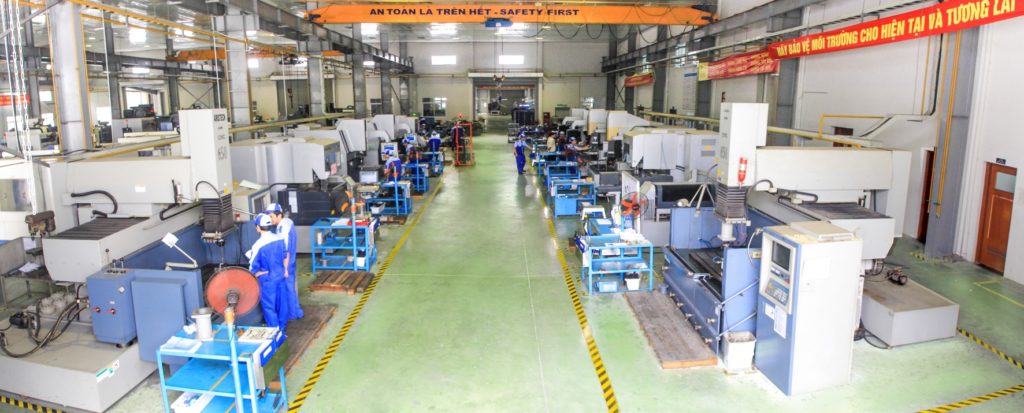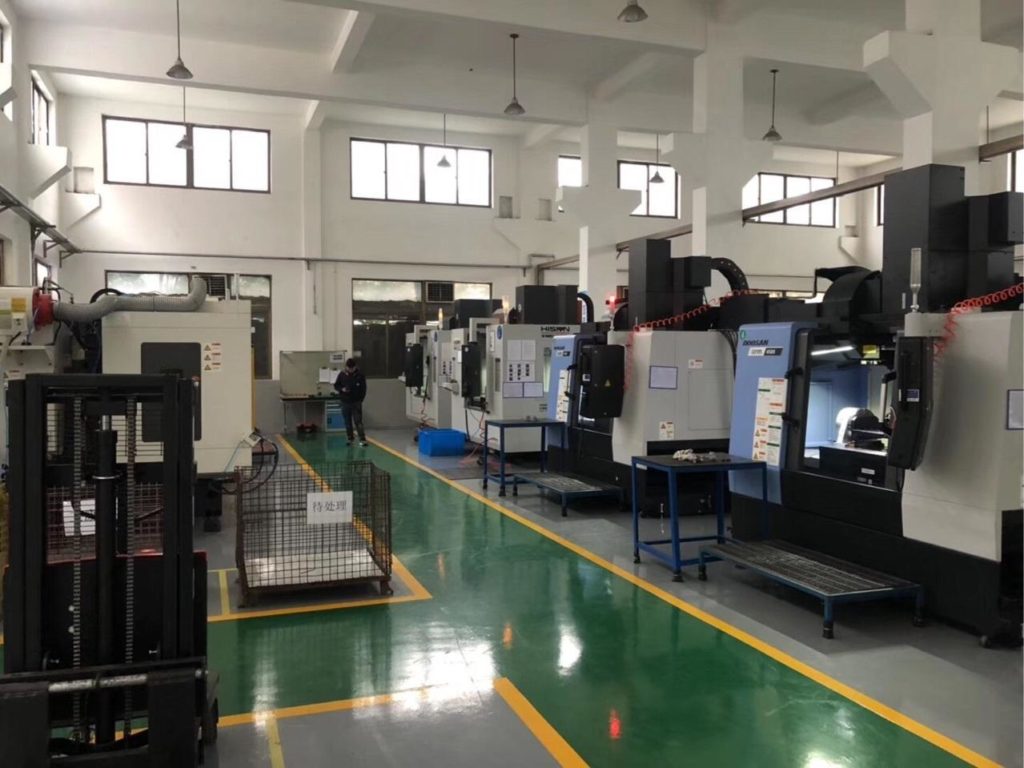A CNC machine parts supplier —the right supplier—can provide an incredible spark to your organization, both in terms of work produced and team spirit. Consider all these advantages:
- Enhance your environment (completed work feels great and is good for business)
- Improve attitudes (overworked and stressed staff are no fun to be around)
- Boost responsiveness (all of your customers can receive top-level attention)
- Reduce costs (low quotes may help a vendor get a foot in the door)
- And the ultimate: save money!
The proper machining vendor can definitely do all of these for you, covering your butt when it’s most critical. The only challenge? Vendor selection. Choose poorly and face questionable quality, recurring delays, and product issues. Choose wisely, however, and you’ll enjoy reliable products and happy customers.
If you’ve read this far, we bet you’ve already done some online research. You may even have narrowed down your choices. For you, hopefully the following six considerations will help one of your prospective machining vendors rise to the top of your list.
Factors to Consider When Selecting a Machining Supplier

Before we jump into the specific things to look for, take a minute and think about your immediate need. Have you defined, in writing, the product for which you’re searching for a vendor? Have you decided on any minimum vendor requirements? What have similar organizations done? What’s worked and what hasn’t? Have you decided on which stakeholders will have a say in the decision? What have other organizations paid?
OK, not all of these questions are necessary for your selection criteria, but some thoughtful contemplation helps set the stage for a solid vendor selection process. Use the following six points as a supplier evaluation as you consider your machining needs.
1. A Focus on Quality and Precision
We’re talking about machine work, so isn’t this a no-brainer? Sure, everyone will say they produce only precise, high-quality parts. It’s what machinists do, right? Yet, the vendor you want to select is one that celebrates it.
Look for machine shops that openly stress precision on their website, in their marketing materials, or even face to face. Their confidence is usually backed up by performance. Perhaps they regularly share new equipment news or explain why precision is so critical for making quality machined parts.
Another subtle clue is if the shop is willing to take responsibility for the quality of their work. A confident crew stands behind every machined part and their CNC machining services. However, a supplier that deflects responsibility will tell you that poor casting quality caused that supplier’s sub-par machining performance. Vendors that avoid accountability can hurt your ability to meet quality requirements and future supply chain deadlines.
2. Expertise in a Number of Target Industries
The right outsourced machining vendor is more likely to meet your quality demands if they have experience in the same or similar industries. They’ll be more proactive in identifying and fixing issues before they become problems, and they may be familiar with any compliance requirements.
We all need experts eventually. When a machining vendor has multiple internal experts that can answer your questions, you can rest easy and move forward. Lastly, ask for case studies or a range of services list so you’ll know that not only can they handle this project, they’ll be able to keep up as you grow.
3. An Engineering Department that Delivers Value Early in the Design Process
There’s a consistency among high-end machining vendors: their engineering crews. These pros help develop the best possible part, using DFM methods (Design for Manufacturing or Design for Manufacturability) to maximize efficiency. From experience, they know the most positive and powerful influence they can have is when they’re involved early in the design process.
Engineers initiate a strong partnership between the machine shop, the customer, and the foundry, offering cost-effective input on casting/machining designs. The value an engineering department adds upfront should be remembered when selecting an outsourced machining vendor. The lowest priced vendor is always tempting, but consider the best value when you compare it to cost.
4. An Eagerness to Take on the Most Complex Challenges
This topic is a combination of skill set and culture fit. Obviously, a competent machine shop is a must. Yet, does this potential outsourcing vendor get excited about tough projects and have a hunger for continuous improvement?
Being capable is great, yet preparing for the next big challenge means they’re serious about establishing long-term, high-volume relationships. So this is a culture fit, too, with machinists whose thinking and goals align with your own. Shops like this are better equipped to handle your future needs, and they’re likely more willing to collaborate, putting your priorities high on their list.
As far as capabilities, no machining vendor can handle the most complex challenges without having an ISO 9001-compliant established quality management system (QMS). Plus, the IATF 16949 standard, designed to be implemented as a supplement and in conjunction with ISO 9001:2015, helps ensure that products consistently meet requirements and quality is routinely improved.
5. Complete Transparency About Their Role in the Relationship
We hope you’re striving to develop a partnership, not just do business with another parts supplier. A true partner is transparent about the relationship and their role in your success. You always know where you stand.
A valued partner delivers better communication, is more willing to work with you, is invested in quality, and gives extra attention to price. Plus, there will come a day when you need to quickly change an order. An invested partner is flexible enough to handle change orders and willing to provide value added services, too.
Lastly, during the selection process, be specific and set clear expectations with clear terms and conditions. Let the machining vendor know what you expect moving forward, state responsibilities, and begin with a positive win/win mindset.
6. Proven Record to Justify Pricing
Just as you’re prepared to fairly pay for high-end machining, your vendor should be prepared to prove to you why they’re worth every penny. Start by discussing the shop’s history; a company established for decades has serviced many customers and should handle your requirements.
Ask about communication. A clear flow eliminates confusion and missteps. Discuss schedules and deadlines, too. Examine the financial stability of the shop, as well. Knowing they’ll be around long-term to service your needs is vital. Finally, take time to review their references and get some testimonials. While many shops talk a strong game, hearing it from customers is a different story.
The value you put on these issues may differ each item you’re searching for an outsourcing partner. See how Stecker stacks up with other potential machining partners you may be considering. Doing your homework now saves time and headaches down the road.


